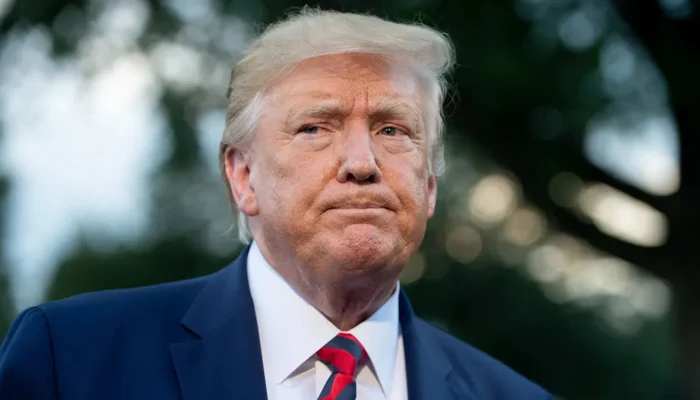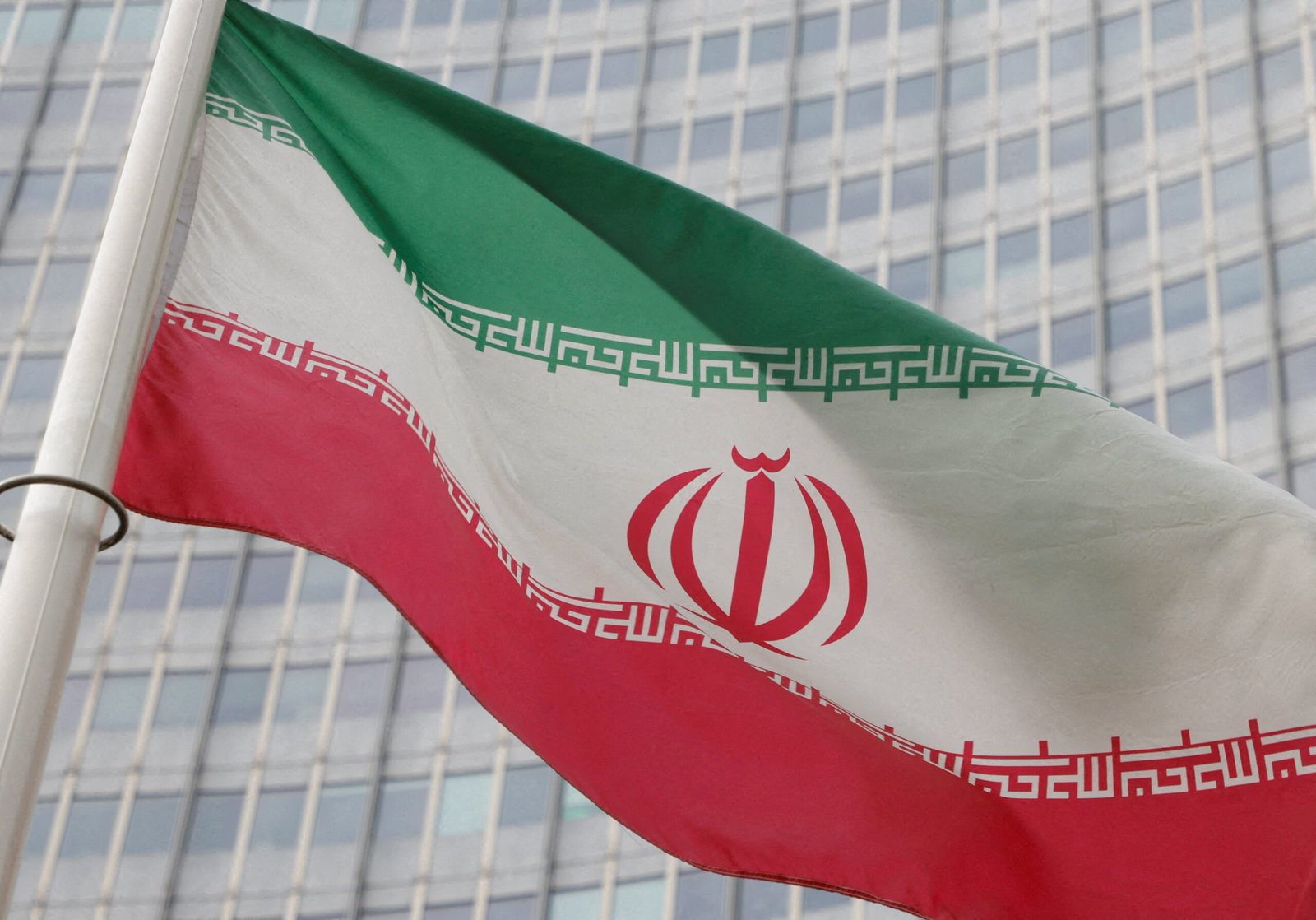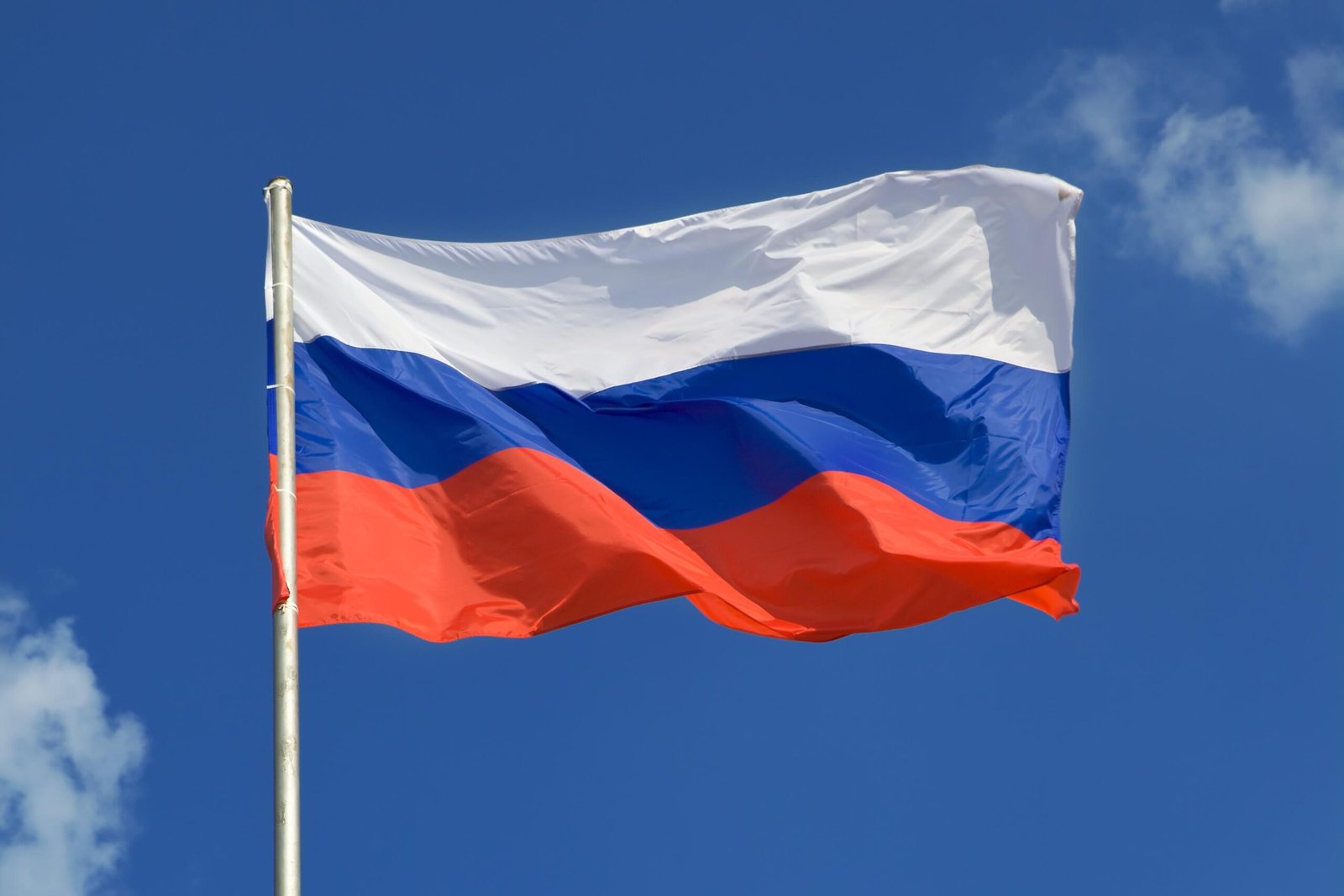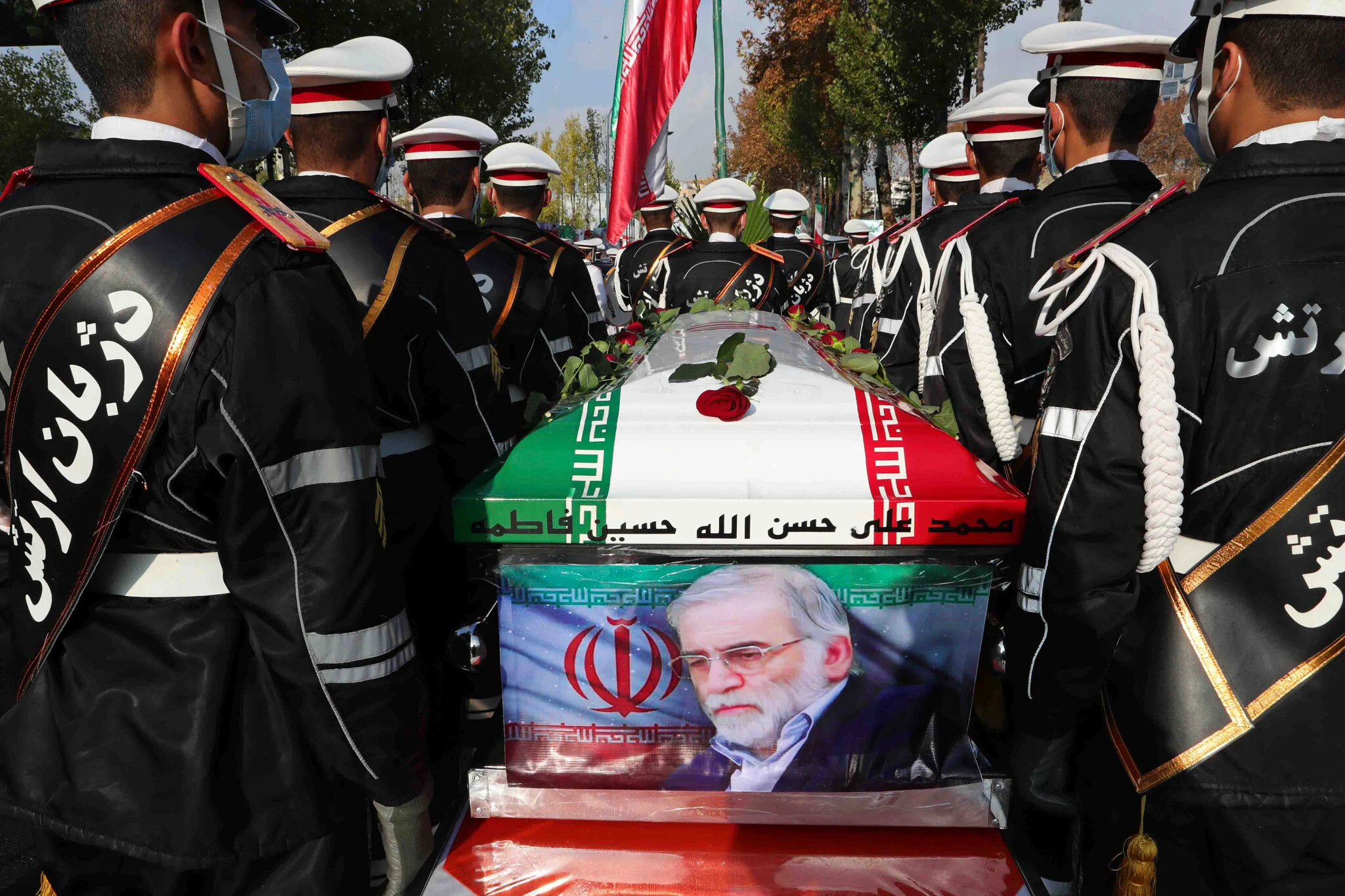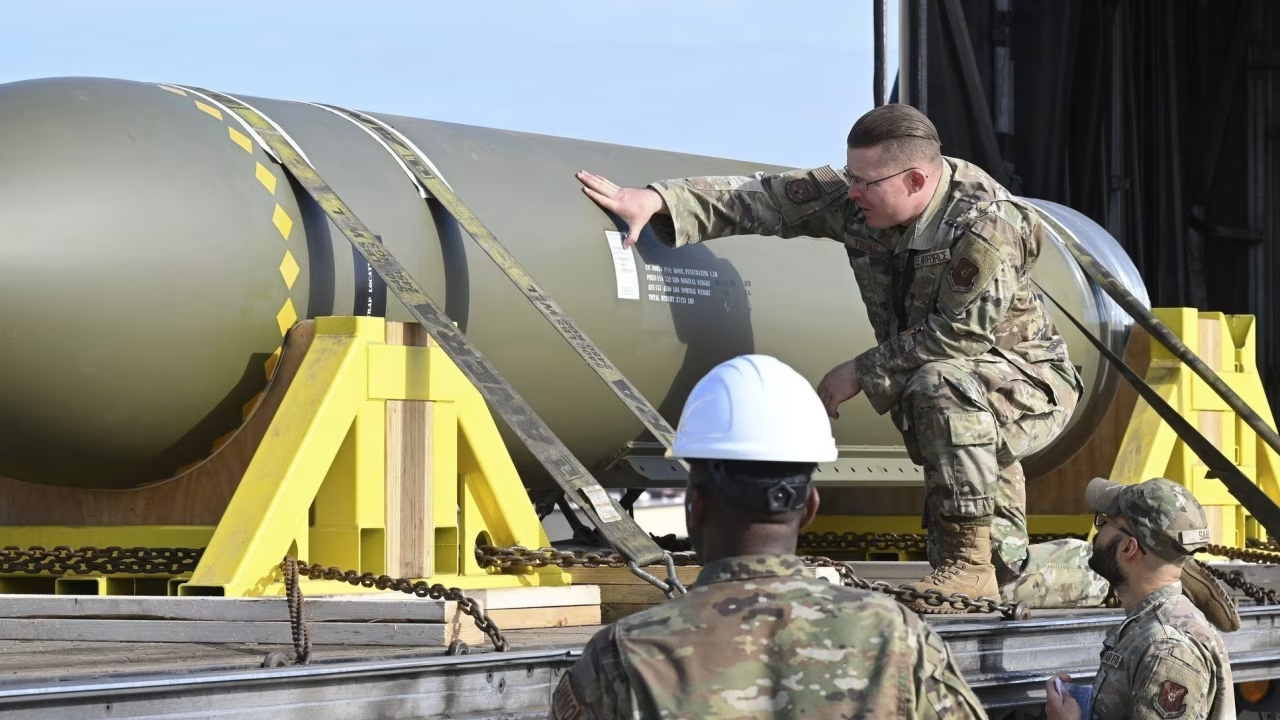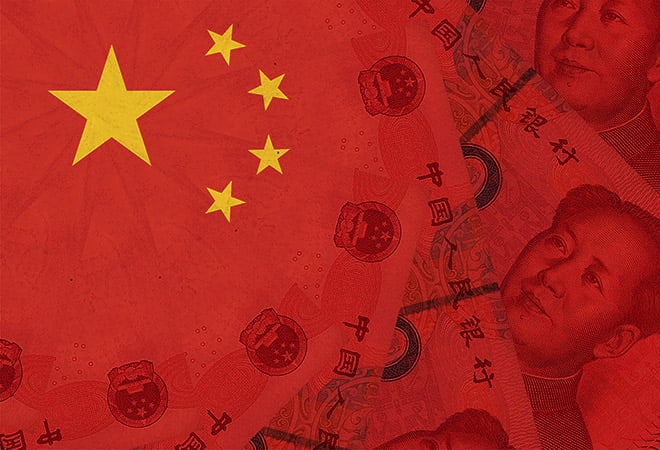For the first time ever, a Pakistani astronaut will join a mission to China’s Tiangong space station, marking a major milestone in space collaboration between the two countries and strengthening China’s push to internationalize its rapidly growing space program.
The astronaut—yet to be selected—will become the first foreign national to live and work aboard Tiangong, one of only two operational space stations currently in orbit. Until now, the Chinese space station, which became fully operational in 2022, has only hosted Chinese astronauts.
The announcement, made by the China Manned Space Agency on Wednesday, comes as Beijing intensifies its space diplomacy amid growing competition with the United States for orbital leadership. The Pakistani astronaut will serve as a payload specialist, managing scientific experiments and routine operations during the mission, which is expected to launch as early as October next year.
A Giant Leap for Pakistan’s Space Program
Pakistan’s space agency, SUPARCO, hailed the announcement as a historic achievement. Amjad Ali, the agency’s deputy director, called it a “milestone” for the nation, emphasizing the symbolic importance of being the first country invited by China to send an astronaut into space aboard a Chinese mission.
SUPARCO is preparing a shortlist of 5 to 10 potential astronauts, which will be reviewed by Chinese authorities. Two finalists will then undergo intensive training in China for 6 to 12 months. One will make the journey to Tiangong, while the other will serve as a backup.
Deepening Space and Economic Ties
This mission is the latest sign of deepening strategic and technological ties between China and Pakistan. Their collaboration extends far beyond space, with China investing billions into Pakistan through the China-Pakistan Economic Corridor (CPEC), a key component of the Belt and Road Initiative. The partnership includes infrastructure projects, technology exchanges, and now, an expanding focus on space technology.
An agreement on space cooperation signed in February laid the groundwork for the astronaut mission. Just this week, a delegation from Chinese aerospace firm Galaxy Space met with Pakistani Prime Minister Shehbaz Sharif to discuss joint ventures and investments in Pakistan’s space and telecom industries.
Sharif praised the partnership, calling China “Pakistan’s most reliable friend and strategic ally” and expressing hopes for expanded cooperation in satellite development, space internet, and deep-space research.
Tiangong’s Global Role Grows
China’s Tiangong space station has become a symbol of Beijing’s ambitions to rival the United States and its allies in space exploration. As the International Space Station (ISS) nears retirement, China is positioning Tiangong as a global platform for scientific research and collaboration.
The upcoming Shenzhou-20 mission, launching Thursday from Jiuquan Satellite Launch Center, will carry three Chinese astronauts to Tiangong. Their mission includes installing debris protection systems, conducting life-science experiments with organisms like zebrafish and bacteria, and supporting the crew rotation with Shenzhou-19, who are set to return on April 29.
China has already signed nearly 200 space cooperation agreements with countries and organizations worldwide, and recently announced it will loan lunar soil samples to research institutions in six countries, including Pakistan.







